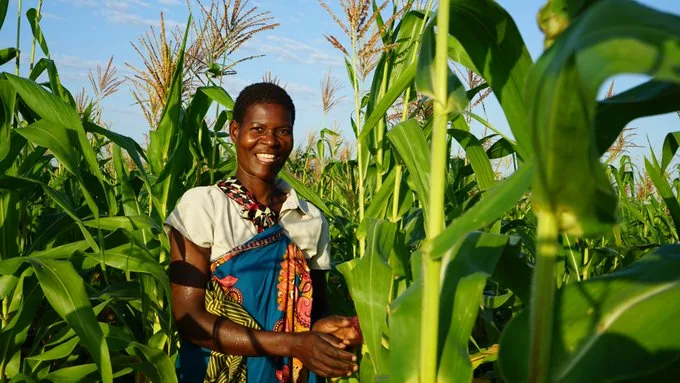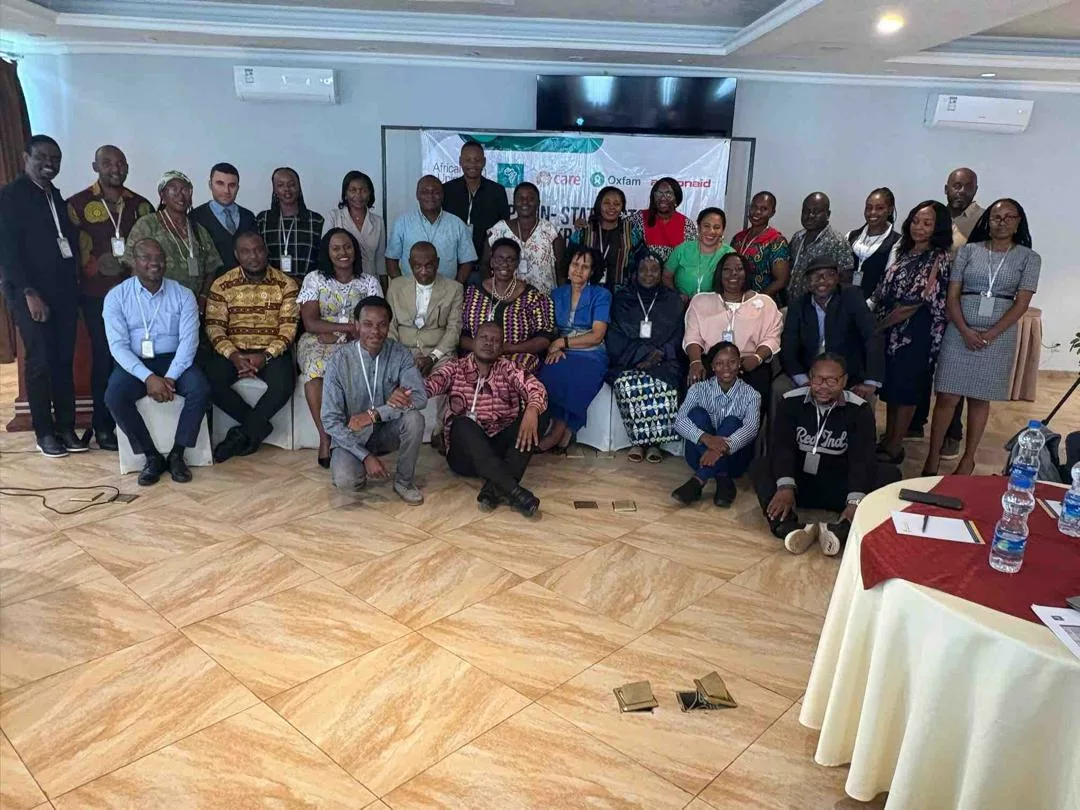By Lenin Tinashe Chisaira (Environmental Legal Correspondent)
United States Secretary of State, Trump’s appointee Mike Pompeo announced on Monday 4 November 2019 that the United States had initiated a formal withdrawal process from the Paris Agreement climate treaty. The Paris Agreement’s Article 28 (2) provides for this mechanism when it states that ‘Any such withdrawal shall take effect upon expiry of one year from the date of receipt by the Depositary of the notification of withdrawal, or on such later date as may be specified in the notification of withdrawal.’
The withdrawal notification takes place barely a month before Parties to the United Nations Framework Convention on Climate Change meet at the 25th Conference of Parties (CoP25) in the Spanish capital of Madrid. This latest move is just another marker in President Trump’s rollback against the environment, starting with his long-running struggle to reduce funding and powers of the Environmental Protection Agency, the US’ federal environmental enforcement body. However, when it comes to climate change, such moves by the United States and Trump’s administration constitute a dangerous game.
The Paris Agreement
The Paris Agreement, adopted on 12 December 2015 in France, is an agreement falling within the United Nations Framework Convention on Climate Change (UNFCCC). While the latter is a framework convention which provides the groundwork for specific agreements or protocols, the Paris Agreement outlines the mechanisms for State Parties to deal with greenhouse-gas-emissions mitigation, adaptation, and issues of climate finance. The Paris Agreement makes developed States liable for funding adaptation, mitigation and clean energy projects by developed states
Some Global Implications
The withdrawal is almost a shameless neglect of duty on the part of the United States. The US, like most of the Western World, advanced economically and socially as a result of extensive use of fossil fuels. The impacts of such developments significantly affect the developing world such as parts of Sub-Saharan Africa, South East Asia, Latin America and in small island states. Previous leaders such as Barack Obama made commitments to abide by the agreement. Unfortunately, the right-wing politics associated with the Trump administration is already rolling the wheel over these commitments.
The Developing States already lack funding to deal with the effects of climate change effectively. This lack was apparent in how Cyclone Idai helplessly battered the Southern African States such as Zimbabwe, Mozambique and Malawi in early 2019. Some of these States profoundly failed disaster response. The presence of laws and policies in the absence of funding was also a challenge. Zimbabwe even though the State has a Civil Protection Act in its laws. Hence developing States such as the US have to own up to their commitment and assist developing States.
The superpower role of the United States influences several States around the world. With the latest rise in right-wing politics, it is a no-brainer to guess that similar right-wingers like Brazilian President Jair Bolsonaro, Chilean President Sebastián Piñera and the United Kingdom Prime Minister Boris Johnson may follow suit. Some circles have already expressed this fear.
A Green Hope?
The fight for climate justice will however not be won in the White House but in other capitals and by the efforts of the people of the world themselves. Hence there is something to applaud about the reaction of other World leaders like French President Emmanuel Macron and Chinese leader Xi Jinping who signed a pact on the ‘irreversibility’ of the Paris Agreement. One can only hope that the majority of the peoples of the world, including the US individual States who form the US Climate Alliance, will the remain on the green side and committed to the fight against the greatest danger of our times, Climate Change.
(Lenin Tinashe Chisaira is an environmental legal correspondent with Spiked Online Media and an environmental lawyer with Advocates4Earth)






